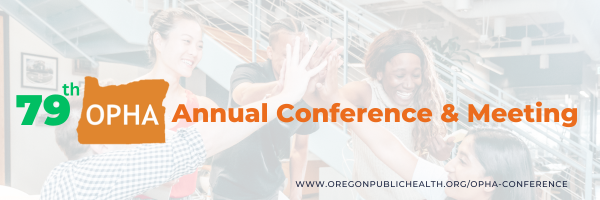
2023 Featured Presentations
Keynote Presentations
Three Steps to Better Public Health for All
Chris Chanyasulkit, PhD, MPH
Join Dr. Chris Chanyasulkit, President of the American Public Health Association (APHA), for her keynote address to the Oregon Public Health Association’s Annual Conference where she discusses APHA's advocacy priorities to promote health and equity to address the systemic causes of the social determinants of health. Dr. Chanyasulkit will conclude her interactive keynote with sharing her three steps to better public health for all!
“Ore-gun” – Reducing Firearm Injuries and Violence across our State Using the Tools of Public Health
Kathleen Carlson, MS, PhD
Injuries and violence are predictable and, thus, they are preventable — by monitoring patterns to identify causes and high-risk groups, developing multifaceted strategies to reduce risk, scientifically evaluating the strategies, and supporting and scaling up those that work. Using the tools of public health to reduce firearm-related injuries and violence is no different. This presentation will describe the epidemiology of firearm injuries and violence in Oregon and will use a socio-ecologic lens to discuss causes and outcomes of these injuries among individuals, their families and communities, and our society. It will then describe public health responses to this epidemic, including new initiatives to build a public health infrastructure for firearm injury and firearm violence prevention.
The D Word – How We Talk About Disability And Why It Matters in Public Health
Christine Getman
Disability health equity begins with healing our own relationship with saying the word “disabled” and our assumptions about what it means to be disabled. A reflective conversation about ableism, intersectionality, and how to effectively apply values of disability rights movements to our health equity work.
Plenary Panel
Oregon at the Intersection of Homelessness and Public Health
Homelessness is a critical public health issue. According to the American Public Health Association, people experiencing homelessness have high rates of chronic mental and physical health conditions. They face many barriers to accessing health care and complying with health care directives, such as correctly taking prescription medications. People experiencing homelessness die, on average, 17 years earlier than those who are housed. No single strategy will be sufficient to address or end homelessness. Cross-sector collaborations and interventions in housing, health, and income stabilization are essential and must be holistically integrated, to allow individuals experiencing homelessness to find their unique path to recovery.
Oregon is a geographically expansive state with just over 33% of the population living in rural areas and 2% in frontier areas. Each Oregon community is unique and has widely different resources. The entities that accept responsibility for public health issues take many forms, especially in areas as complex as homelessness. Members of the closing panel will 1) address how public health and homelessness are deeply intertwined; 2) discuss proposed strategies to tackle homelessness from the viewpoint of different sectors (Non-Profit Housing Organizations, Faith-Based Organizations, and State Governmental Agencies; and 3) share perspectives from diverse professional, personal, and lived experiences.
Facilitator: Tammy Baney
Panelists: Alan Evans, Father Bernie Lindley, Liz Weber
Speaker Bios

Kathleen Carlson, MS, PhD
Kathleen Carlson, MS, PhD is a Professor of Epidemiology at the Oregon Health & Science University-Portland State University School of Public Health, and a Core Investigator with the VA Portland Health Care System’s Health Services Research Center of Innovation. Dr. Carlson completed her BS degree at Oregon State University, and her MS and PhD degrees at the University of Minnesota School of Public Health, focused on injury and violence epidemiology. Dr. Carlson’s research examines the spectrum of injury and violence prevention, from the epidemiology of intentional and unintentional injuries to the rehabilitation of military veterans with combat injuries and comorbid mental health disorders. Her current research grants examine gun violence and other firearm-related injuries, opioid-related injuries, and the short- and long-term functional outcomes of veterans’ traumatic brain injury. Dr. Carlson teaches and mentors MPH and PhD students in epidemiology and research methodology, and directs the health services research postdoctoral fellowship program at the Portland VA. She also leads the newly formed OHSU Gun Violence Prevention Research Center, focused on using the tools of public health to reduce firearm-related injury and death in Oregon and nationwide. Her leadership roles with national injury prevention organizations include serving on the Board of Directors for the Society for Advancement of Violence and Injury Research and with the Injury Control and Emergency Health Services section of the American Public Health Association.
Born and raised in rural Oregon, Dr. Carlson grew up with firearms and is a firearm owner. In 2013, she also experienced the loss of a family member to firearm suicide.
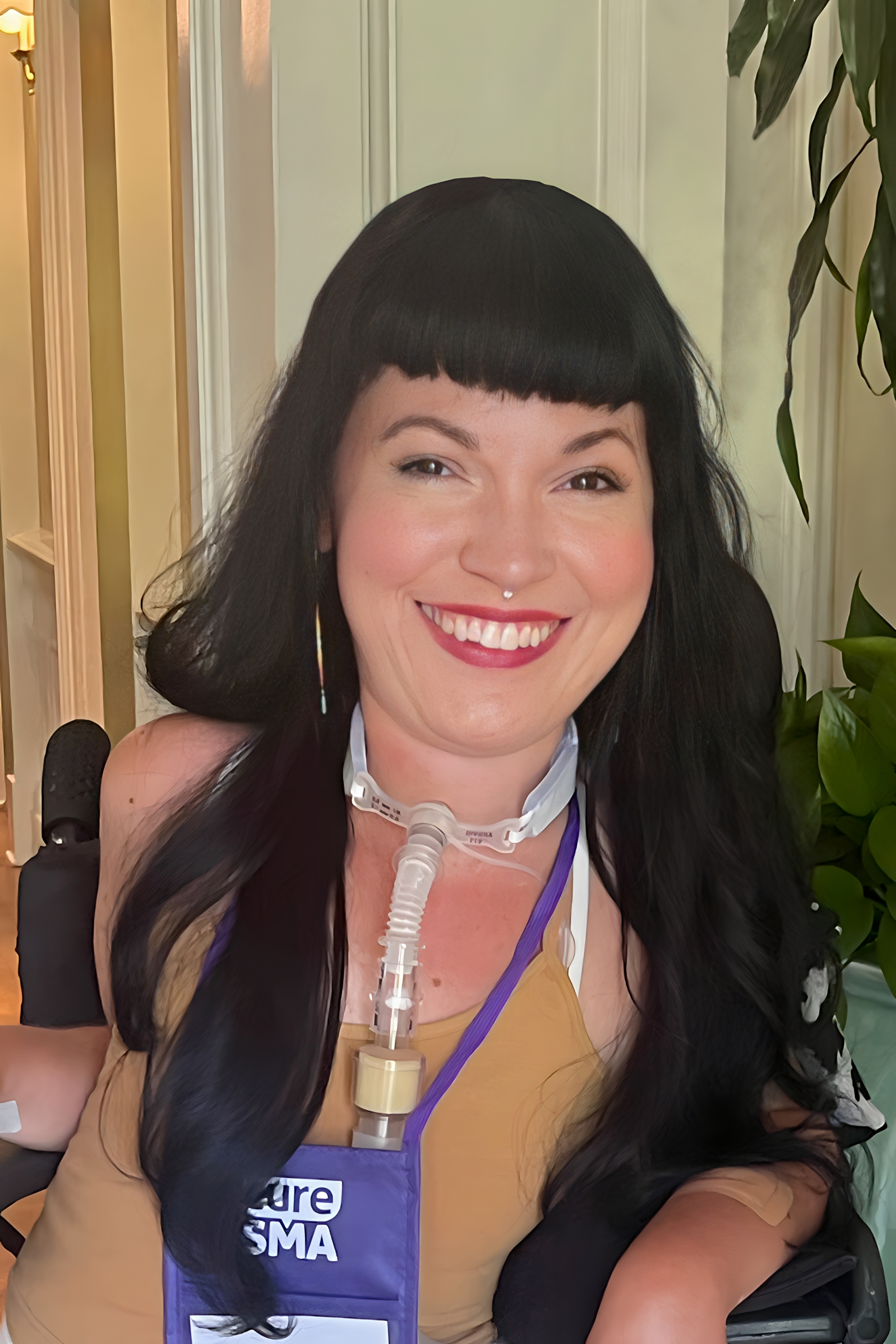
Christine Getman
Christine Getman (she/her) is a Disability Health Equity Strategist at the Oregon Health Authority. She joined the agency during the COVID-19 Response as an Accessibility Policy Analyst. She is also the Executive Director of Magic Wheelchair, a nonprofit organization that promotes inclusion and self-expression of children with disabilities through adaptive cosplay. In both roles, she openly embraces the term “disability pride” and strategically holds industries to higher standards for disability representation. She studied Public Health and Psychology at Portland State University. Her career experience and lived experience has shaped a multifaceted journey which includes executive leadership, legislative advocacy, accessibility, program development, evaluation, and grant writing.
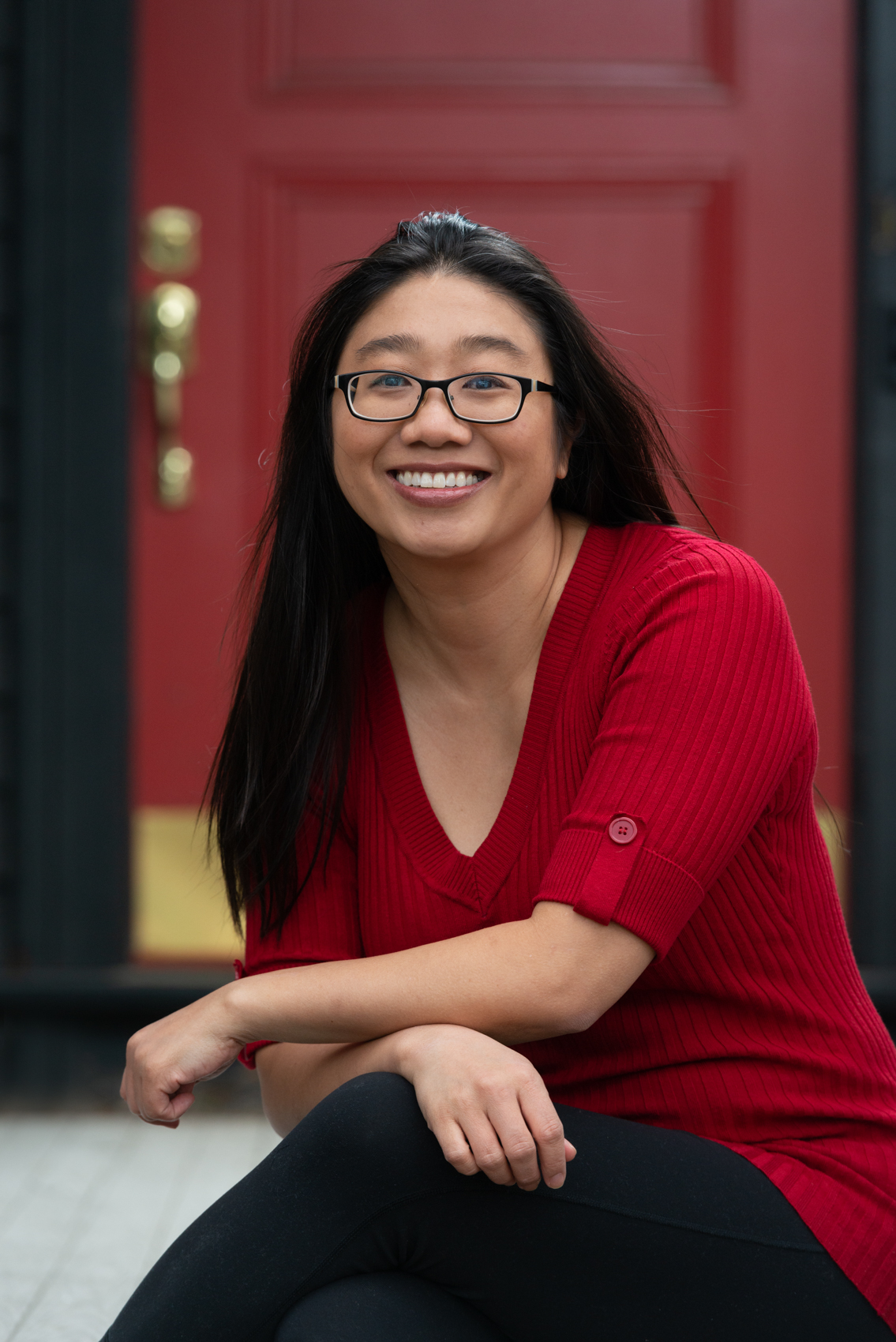
Chris Chanyasulkit, MPH, PhD
Chris Chanyasulkit is grounded in a strong belief in eliminating the structural barriers to equity for vulnerable populations. Chris holds leadership positions with local, state, regional and national governance and civic engagement organizations, working to promote racial, gender, and health equity. She served as a gubernatorial appointee to the Massachusetts Asian American Commission and the Commission on the Status of Women where she advocated for the needs of Asian Americans and Women throughout the Commonwealth.
Dr. Chanyasulkit has served as a Human Services Specialist and Assistant Director of Diversity in the town of Brookline’s Office of Diversity, Inclusion, and Community Relations. She designed and delivered graduate public health courses at the Simmons University Department of Public Health. She also serves as an adjunct Assistant Professor at Temple University, where she teaches Public Health Advocacy in the College of Public Health. Chris earned a B.A. in Biology and Art History from Boston University, an M.P.H. (with a concentration in maternal and child health care) from the Boston University School of Public Health, and a Ph.D. in Political Science from Northeastern University, where she conducted research on health disparities.
In addition to her advocacy and scholarly pursuits, Dr. Chanyasulkit is President of the American Public Health Association (APHA), an elected Library Trustee of the Public Libraries of Brookline, a Brookline Community Emergency Response Team member, and a Brookline Medical Reserve Corps member. Chris lives in Brookline, Massachusetts with her husband, James, a software engineer, their three children, and two puppies.
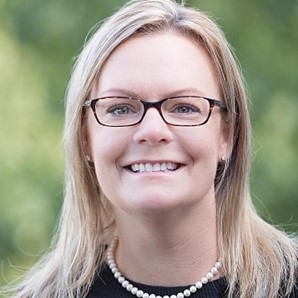
Tammy Baney
After 12 years in elected office, Tammy Baney now serves as the Executive Director of the Central Oregon Intergovernmental Council, the region’s Council of Governments. During her time in elected office, Tammy emerged as a leading voice on healthcare reform and overall health system improvement. Her leadership has been recognized by organizations throughout Oregon and nationally. The Oregon Business Association recognized her as an Oregon Statesman of the Year for her work in this area. Tammy currently serves as the chair of the Oregon Transportation Commission, which oversees the Department of Transportation in Oregon and establishes state transportation policy for Oregon’s cities and counties. She was appointed to the Commission by former Gov. John Kitzhaber in 2011. She also served two terms on the Oregon Housing Stability Council, which directs the state’s affordable-housing agency. She was appointed to the Council by former Gov.Ted Kulongoski in 2010 and appointed Chair in 2017 by Governor Kate Brown.

Alan Evans
Alan Evans is the Founder & President of Helping Hands Reentry Outreach Centers, the largest reentry housing organization in Oregon. Born in California, Alan was raised in a broken family and was homeless at 13, addicted to methamphetamine. He spent 25 years homeless, addicted to drugs and alcohol, and in and out of prison. When he was 38 years old, Alan was homeless in Seaside, Oregon searching for help. He tried to get food stamps or a job but he was informed he needed ID. When he tried to get ID, he was told that he needed a residence. He wanted a home but had no money. Crime felt like a win-win situation and getting arrested became getting rescued. Alan turned his life around and opened an 8-bed shelter in Seaside in 2002, which grew into Helping Hands. This organization now serves 5 counties and thousands of individuals and families experiencing homelessness. He believes that getting arrested should not equal getting rescued, and the programs provided through his organization give others what they needed, a helping hand to a sustainable life. Helping Hands provides Trauma-Informed, Data-Driven, Person-Centered care through Resources, Recovery, and Reentry in Clatsop, Lincoln, Multnomah, Tillamook, and Yamhill counties.
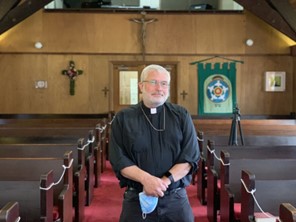
Father Bernie Lindley
Father Bernie, a native of Brookings, Oregon, has served as the vicar of St. Timothy’s Episcopal Church for the past 15 years. Under Father Bernie’s leadership, St. Tim’s has served meals at their soup kitchen since 2009. In 2010 they operated a free health clinic that saw 1 out of every 4 working-age adults in the Brookings-Harbor area as patients over a period of 4 years. St. Tim’s currently offers the use of their shower during office hours to people who are unhoused. They also have a team that works with folks to obtain replacement birth certificates and ID cards. Many people have signed up for the Oregon Health Plan, food stamps, and other state services at the church. During the pandemic, St. Tim’s provided a stand-alone vaccine clinic that administered 3800 vaccinations and over 7000 COVID tests. During the fall/winter of 2021-22, St. Tim’s offered wrap-around support to the 1020 people that tested positive for COVID in their testing clinic, providing rental assistance so that sick people could successfully quarantine without fear that missing work would lead to a potential loss of housing.
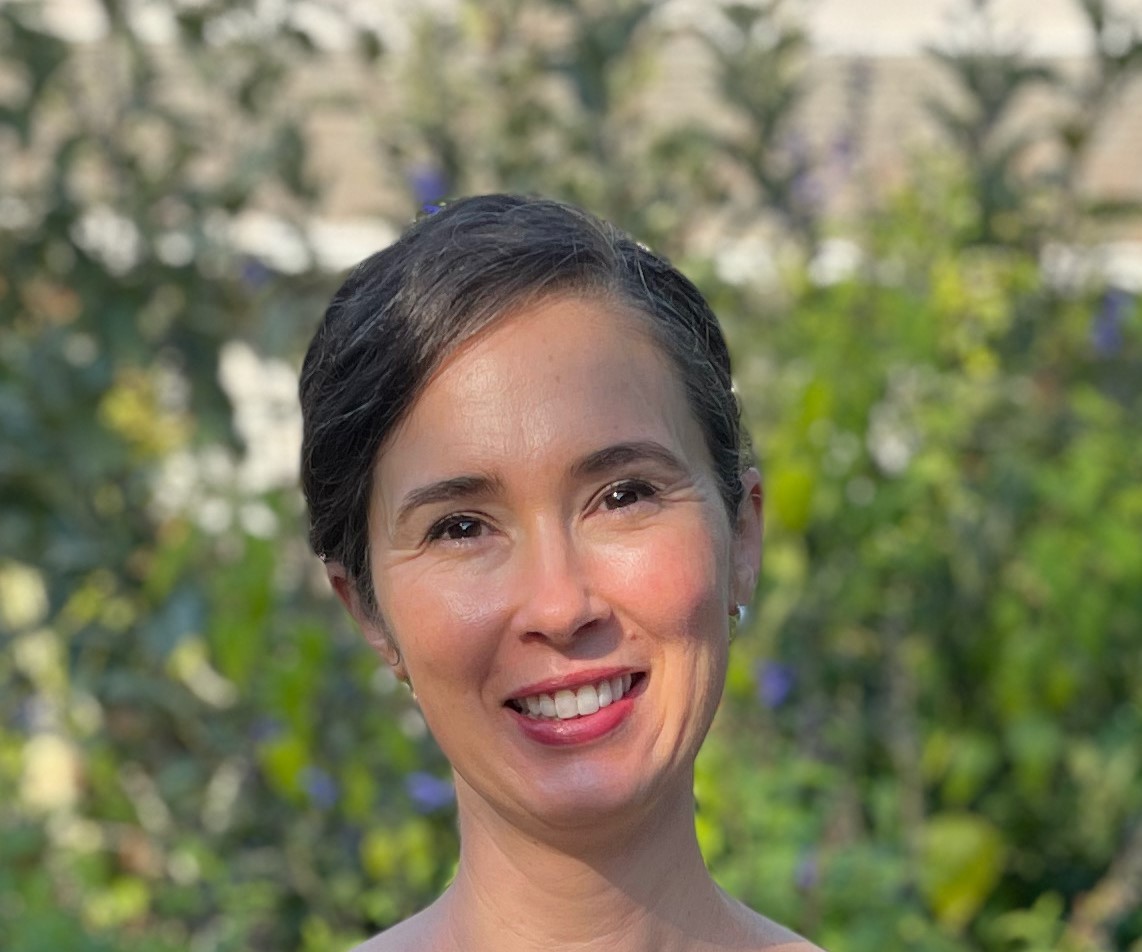
Liz Weber
Liz Weber is the Health and Housing Policy Analyst for the Oregon Housing and Community Services. Liz has been working in housing and homeless services for almost 20 years. Since joining Oregon Housing and Community Services, she has been focused on the intersection of health and housing policy supporting the implementation of Oregon’s 1115 Medicaid waiver. She brings her background in direct service as a street outreach worker and in non-profit leadership to this exciting opportunity to demonstrate that access to stable housing increases positive health outcomes and decreases health inequity. Over her career, Liz has emphasized person-centered approaches to ending homelessness that respect the dignity and autonomy of people experiencing houselessness. These services include trauma-informed outreach and housing placement, Permanent Supportive Housing, and family homelessness interventions.
|